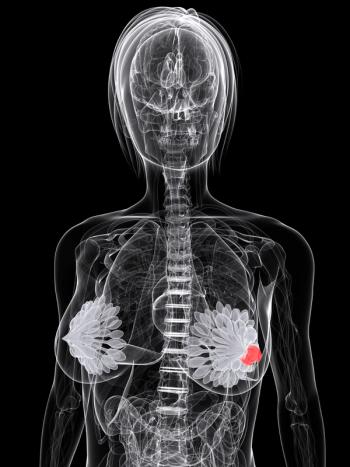
Despite a relatively small, though increasing, level of focus in oncology, radiation-induced heart damage in breast cancer is a relevant clinical problem that needs more attention.

Your AI-Trained Oncology Knowledge Connection!


Despite a relatively small, though increasing, level of focus in oncology, radiation-induced heart damage in breast cancer is a relevant clinical problem that needs more attention.

A multidisciplinary care approach should be utilized when discussing sexual health with survivors of breast cancer.
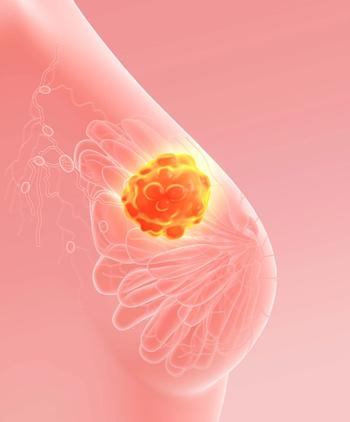
Breast MRI in patients with newly diagnosed breast cancer increased mastectomy rates and biopsy needs.
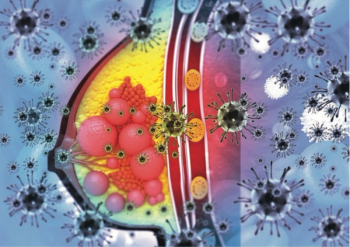
Findings from the COMET trial support the potential safety and acceptability of active monitoring among patients with ductal carcinoma in situ.

Co-hosts Kristie L. Kahl and Andrew Svonavec highlight the many advantages to attending the 42nd Annual Miami Breast Cancer Conference, with some additional tidbits to round out the main event.


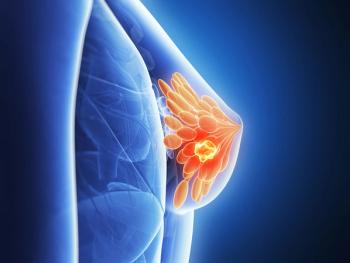
A Miami Breast Cancer Conference presentation focused on how the new ASTRO partial breast irradiation guidelines could be incorporated into practice.
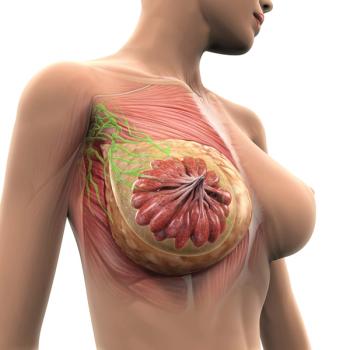
Targeted imaging and biopsy may accurately identify patients with breast cancer who do not have residual disease, according to Henry Kuerer, MD, PhD, FACS, CMQ.

The use of a robot to aid in nipple-sparing surgery has been a controversial topic, although ongoing trials may show its potential.

Reshma Jagsi, MD, DPhil, highlights disparities in hypofractionation, toxicity, and cardiac doses in radiotherapy for Black and Asian patients with breast cancer.

Independent variables, such as the burden of disease prior to treatment, molecular prognosis, sensitivity to chemotherapy, sensitivity to endocrine therapy, and sensitivity to other treatments could be effective in predicting risk of recurrence in patients with breast cancer.

Kevin Kalinsky, MD, MS, discussed a number of antibody-drug conjugates, detailing the prevailing data and potential trials that may change the treatment paradigm for patients with breast cancer.
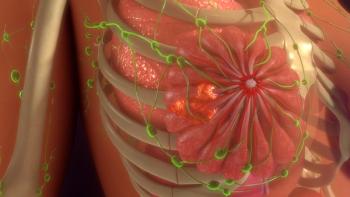
Mandar Aras, MD, PhD, discussed the management and prevention of cardiotoxicity in patients receiving systemic therapy for breast cancer at the 38th Annual Miami Breast Cancer Conference, hosted by Physicians’ Education Resource®, LLC.

Allowing for the use of antiemetic prophylaxis and anti-diarrheal medication in the phase 3 KX-ORAX-001 study reduced study drug-related gastrointestinal adverse events.

At the Miami Breast Cancer Conference, Debu Tripathy, MD, reviewed adaptive therapy for the adjuvant treatment of patients with HER2-positive, early-stage breast cancer.

Data focusing on patients seeking breast surgical procedures determined that broad skill sets are valuable for general surgeons practicing in rural areas, as breast surgeries only represented a small proportion of total surgical procedures conducted.

The addition of neratinib to capecitabine improved progression-free survival and central nervous system outcomes in patients with HER2-positive metastatic breast cancer with central nervous system disease.

More patients with early-stage estrogen receptor–positive breast cancer with high recurrence scores received chemotherapy following radiation in a single-institution study, and this resulted in a low recurrence rate across all patients examined.
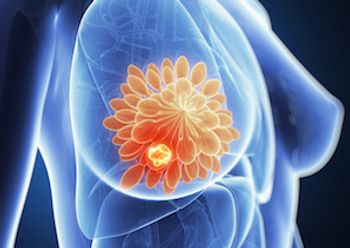
The analysis of the KEYNOTE-119 study presented at the Miami Breast Cancer Conference, hosted by Physicians’ Education Resource®, LLC®, found trends estimating a significant role for tumor cell expression in PD-L1 as a predictive biomarker for pembrolizumab efficacy.
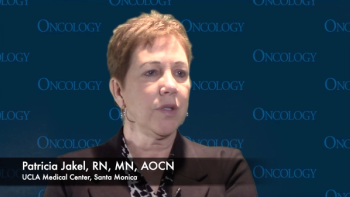
The clinical nurse specialist was also diagnosed with stage III invasive lobular breast cancer and was treated with CDK 4/6 inhibitors, giving her the unique opportunity to speak to both the patient and clinical perspective.
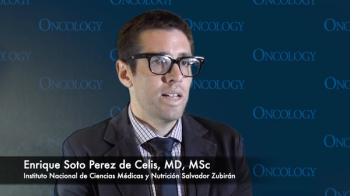
The geriatric oncologist spoke about the differences in treating older women and younger women with triple-negative breast cancer.
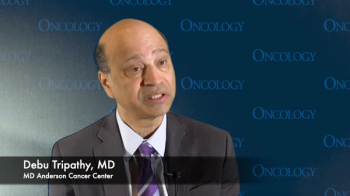
The breast medical oncologist discussed new treatment options for triple negative breast cancer as new targets become readily available for this aggressive cancer type.
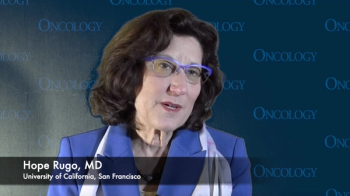
The breast oncologist from the University of California, San Francisco, discussed new agents being developed in the breast cancer space.
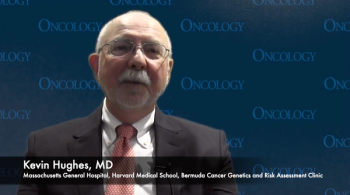
The breast cancer expert spoke about decreasing the amount of treatment to receive the same impact for patients with breast cancer.
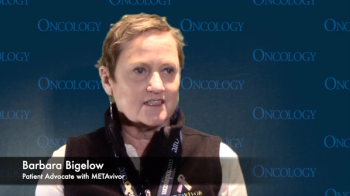
After a serious adverse reaction to a clinical trial put her in critical condition, Barbara Bigelow now shows no signs of breast cancer and is no longer on any cancer medications.
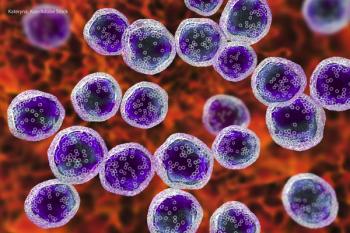
At the 37th Annual Miami Breast Cancer Conference, Valerie Lemaine, MD, MPH, FRCSC, told physicians what they need should know and discuss with their patients about BIA-ALCL.
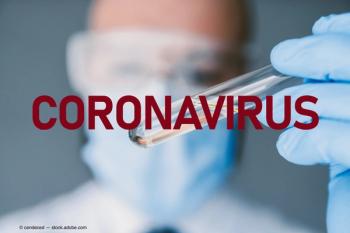
Scott Gottlieb, MD, spoke about the spread of the novel coronavirus (COVID-19) during the keynote address at the 37th Annual Miami Breast Cancer Conference®.
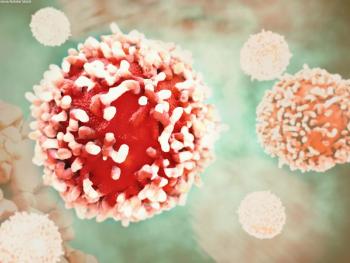
The goal of the study is to determine the effect of adagloxad simolenin administered with the potent adjuvant OBI-821 as a therapeutic vaccine treatment on improving invasive disease-free survival in the study population.
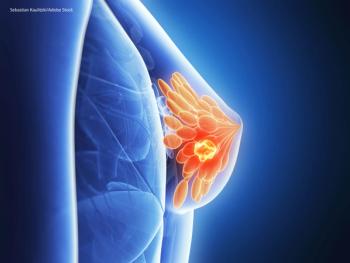
Aditya Bardia, MD, MPH detailed the clinical development of antibody drug conjugates in patients with metastatic triple negative breast cancer, as well as what to expect moving forward with antibody drug conjugates in the metastatic breast cancer space.